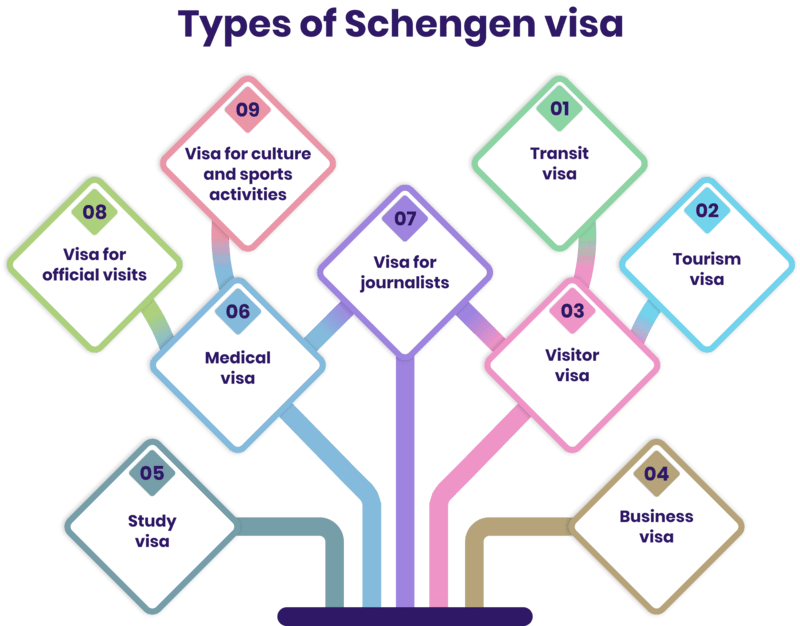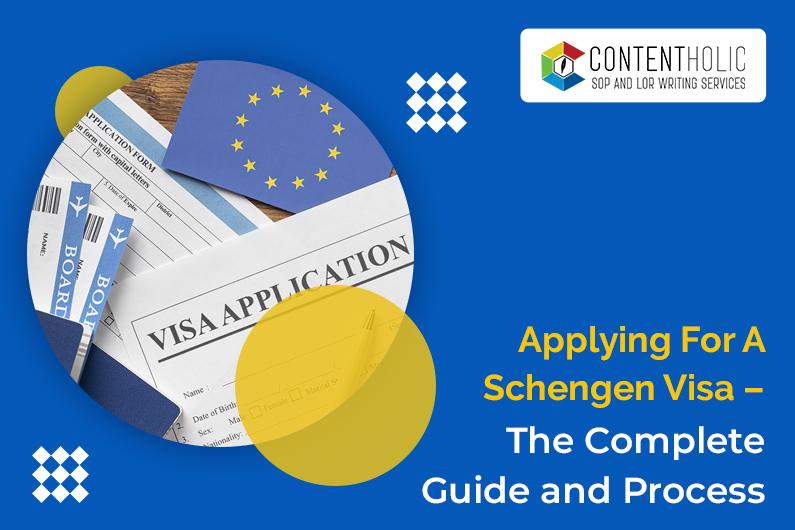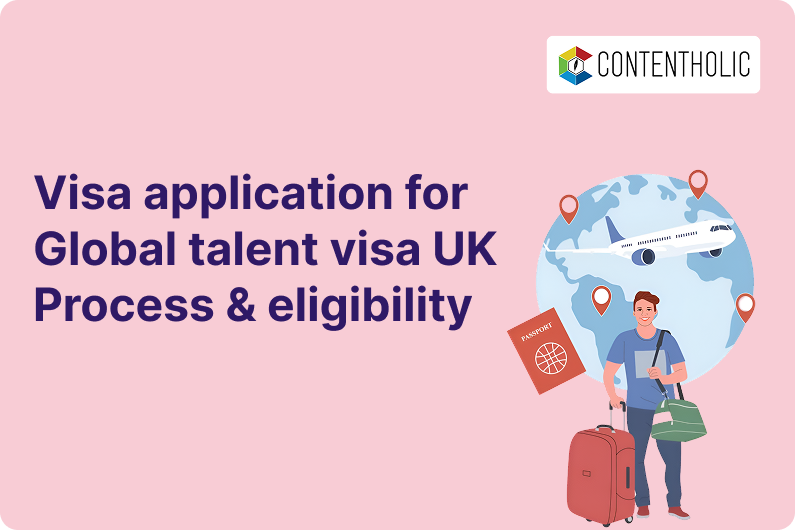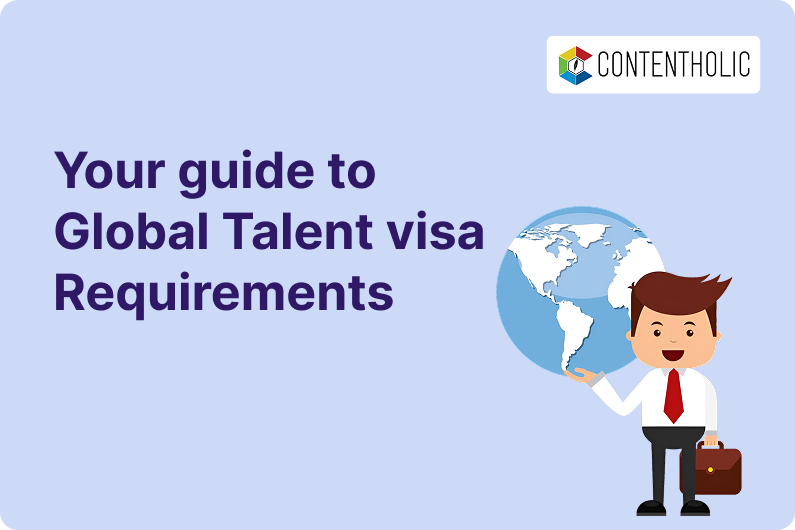The Schengen Zone comprises 27 European countries that have eliminated border checks between one another. This region includes nations such as France, Germany, Italy, Spain, The Netherlands, Poland, and Scandinavian countries, with the exception of the UK and Ireland.
The majority of European Union (EU) member states are part of the Schengen Agreement, although a few non-Schengen nations, such as Bulgaria and Romania, have signed up but are not yet active members and are obligated to join in the future. On the other hand, countries like Switzerland, Iceland, and Norway are not EU members, but they still belong to the Schengen Area.
What is a Schengen visa?
If you haven’t traveled to Europe previously, your first step should be to determine if you require a visa to enter the Schengen Area. Currently, more than 60 nations worldwide can enter the visa-free zone in Europe without needing to obtain a visa in advance and remain there for up to 90 days during a six-month timeframe. On a daily basis, approximately 3.5 million individuals cross national borders within the Schengen area for various reasons such as work, education, and visiting loved ones and almost 1.7 million people live in one Schengen country or are employed in another. Certainly by observing its growth, we can say that the establishment of the Schengen area is considered as a significant accomplishment of the European project.
A Schengen visa is a type of visa that allows a person to enter and travel freely within the Schengen area and after obtaining a Schengen visa, the individual is permitted to pass through the borders of other member nations without undergoing identity verifications at the border.
The Schengen visa comes in different forms, but the most prevalent one is the short-term visa which, as mentioned above, enables the holder to travel or stay for a maximum of 90 days during a six-month period beginning from the date of entry specified on the visa.
Acquiring a European visa is a crucial process for securing your freedom to travel within the area. Therefore, it is crucial to be extremely cautious when submitting your Schengen visa application.
Benefits of a Schengen visa
- People from different countries, primarily who are not citizens of the EU, but are either residing in the EU or visiting for tourism, educational exchange or business purposes, are able to travel across Schengen countries without undergoing any border checks.
- With a Schengen visa, you don’t need to apply for separate visas for each country if you plan to visit in the Schengen area. It allows you to travel freely within the 27-member countries of the Schengen area without border checks.
- The core of establishing the Schengen area was to bring significant economic benefits to all its citizens and businesses in its participating states. Schengen visa allows you to attend business meetings, conferences, and other events within the Schengen area, opening up potential business opportunities, even for the non-EU nationals.
- A Schengen visa allows you to study or attend academic programs in the Schengen area. You can also experience the rich cultural diversity of the Schengen countries, including their art, history, and cuisine.
- You may also be eligible for a free-of-charge accelerated visa procedure if you fulfill the following requirements:
- You are a family member of a citizen belonging to the European Union (EU) or European Economic Area (EEA).
- The EU/EEA citizen is either residing or traveling to a member state different from their own.
- You are planning to join or accompany the EU/EEA citizen in the Schengen country of their destination.
To avail this accelerated visa procedure, you simply just need to provide evidence that you meet the above-mentioned criteria while submitting your visa application.
Types of Schengen visa
There are several types of Schengen visas, each designed for a specific purpose. These different types of Schengen visas are:
- Transit visa: This visa is required for travelers who will be passing through a Schengen country on their way to a non-Schengen country and need to leave the airport. There are two types of transit visas:
- Airport Transit Schengen Visa.
- Transit Schengen Visa for Seafarers.
The Airport Transit Visa permits the individual to pass through the international area of a Schengen country airport without accessing the Schengen country itself. On the other hand, the Transit Visa enables the holder to transit through multiple Schengen countries by car, coach, or plane for up to five days while traveling to a non-Schengen country.
- Tourism visa: Individuals who are not citizens of the EU and wish to travel to Europe for tourism purposes may need to obtain a short-term Schengen visa specifically designated for “tourism.” It enables the holder to visit the Schengen Area for a duration of up to 90 days during a six-month timeframe, with the intention of traveling or enjoying Europe for leisure purposes.
- Visitor visa: Individuals from non-European countries who intend to visit their family members, friends, or relatives residing in the Schengen zone are required to adhere to the Schengen visa system. If the country of their nationality appears on the list of countries whose citizens require a Schengen short-stay visa, they must apply for a Schengen Visitor Visa.
- Business visa: A business visa is a permit granted by a Schengen country or countries of destination to citizens of nations that must comply with mandatory visa regulations from the Schengen Zone. The sole purpose of this visa is to conduct business in the EU, and the visa holder is not obligated to be a citizen of the designated country.
- Study visa: The Schengen Visa for Students is a type of entry permit issued to non-European individuals who desire to enter and temporarily reside in any of the member countries for the purpose of studying. This visa allows the holder to stay in the Schengen region for up to three months. If their course of study or training exceeds this duration, they must apply for a long-stay Study visa at the embassy of the relevant country.
- Medical visa: The Schengen visa for medical reasons enables individuals to enter any of the member countries and obtain medical treatment for their health condition. This visa is intended for those who require medical care in Europe for stays of up to 90 days. However, if the medical therapy or treatment necessitates a longer stay, it is recommended to apply for a National visa for medical treatment.
- Visa for journalists: The Schengen visa for journalists is a form of business visa granted to members of the press who are traveling to the Schengen area for work-related purposes, specifically for journalism. Examples of such purposes include covering international events, attending press conferences, conducting interviews with individuals, businesses or organizations, collecting information for well-known media outlets or newspapers etc.
- Visa for official visits: The Schengen Visa for official visits to Europe is a form of entry permit for individuals who have been officially invited to participate in events such as meetings, consultations, negotiations, exchange programs, or other gatherings held within the Schengen zone by intergovernmental organizations. Only nationals of third countries that have not entered into a visa-free agreement with the Schengen Area require a visa to enter the region for official visits.
- Visa for culture and sports activities: Individuals from non-European countries who intend to travel to the Schengen zone with the purpose of attending a cultural, sports, or religious event, or as a part of a film crew, will need to request this type of short-term Schengen visa.

General documents required for a Schengen visa
To apply for a Schengen visa, you must fulfill specific requirements that involve providing several documents to facilitate the processing of your application. These documents include:
- A completed and signed Schengen visa application.
- Two recent passport photos taken within the last three months.
- A valid passport that is less than ten years old and has at least three months’ validity beyond your planned departure from the Schengen area.
- A photocopy of your passport (A4 size).
- A leave letter from your employer (if applicable).
- A NOC from your school or university (if you’re a student applying for a study visa).
- A travel insurance policy document showing sufficient travel health insurance coverage for the entire Schengen region.
- Accommodation proof indicating where you’ll be staying during your visit such as a hostel booking, rental agreement, or letter of invitation from a host.
- Proof of civil status (e.g., marriage certificate, birth certificate).
- Financial means demonstrating that you have enough money to support yourself financially during your Schengen stay.
Schengen visa application
The process of applying for a Schengen visa is simple and follows the standard visa application protocol used worldwide.
Here are the general steps you can take to apply for your Schengen visa:
- Determine the type of Schengen visa you need.
- Identify where you need to apply for your visa in your respective country.
- Collect the necessary travel documents to support your Schengen visa application.
- Schedule an appointment for your visa application interview either by phone, online, or in person.
- Fill out the visa application form.
- Attend the visa application interview at the embassy or consulate in your home country, and prepare for questions that may be asked.
- Pay the visa application fee, which is set and synchronized across all Schengen states.
- Wait for your visa to be processed. This may take around 15 days, during which time you will be informed whether your visa application was accepted or rejected.
Determine the type of Schengen visa you need
To begin the visa application process, you should identify the category of visa required for your trip, such as tourist, business, student, or work visa. It is essential to research the specific requirements for your chosen visa category before submitting your application.
These requirements may include presenting a valid passport, completing an application form, providing evidence of financial means, and possessing a return ticket.
Additionally, certain countries may mandate a medical check-up or particular vaccinations as part of their visa application criteria.
Identify where you need to apply for your visa in your respective country
The process of submitting a Schengen visa application depends on the rules and regulations set by your destination country in relation to your home country.
This application process can be done at the embassy or one of the consulates of your destination country or at a visa center that has been outsourced by its embassy.
Alternatively, the application can be submitted at the embassy or consulate of another Schengen state that has been outsourced by the embassy of your destination country.
Additionally, the regulations set by Schengen project are as follows:
- If you are visiting only one Schengen country, you should file your application at the embassy, consulate, or visa center of that country.
- However, if you are visiting more than two Schengen countries, you should file your application at the embassy, consulate, or visa center of the country where you will spend the most days, provided that the number of days spent in each country is uneven.
- And if the number of days spent in each country is equal, then the application should be filed at the embassy, consulate, or visa center of the country where you will arrive first.
Collect the necessary documents
The necessary documents are a critical component of your visa application, and they are typically divided into two categories:
- The first group comprises of the category we talked about earlier, all the standard documents that must be provided, such as a completed visa application form, a valid passport, two identical photos, a travel insurance policy that can be purchased easily online from Europ Assistance, a round trip reservation or flight itinerary indicating entry and exit from the Schengen area, proof of accommodation, proof of financial means, and so on.
- The second group consists of visa-specific requirements that vary depending on the type of visa, and some Schengen member states have their additional requirements for visa applicants.
Schedule an appointment for your visa interview
To proceed with your Schengen visa application, it is necessary to schedule an appointment. Depending on the country, you may have the option to book the appointment online, while in other countries, you may need to book the appointment in person at the embassy or consulate of your destination country.
It is also essential that you choose the most appropriate time to apply for a visa before you schedule an appointment as the embassies/consulates require a certain amount of time to process visa applications.
The time frame for submitting a Schengen visa application is as follows:
- The earliest possible time to file a visa application is six months prior to the start of your intended trip.
- The latest time to file a visa application is no later than 15 working days before your planned travel date.
- It is recommended to file your visa application at least three weeks before your planned trip.
Fill out the visa application form
To apply for a Schengen visa, it is necessary to download and correctly fill out the application form with accurate information. The format of the Schengen visa application form is the same regardless of the country the applicant is applying to. The form requires personal information, background information, details regarding the purpose of the trip, and other trip-related information.
To ensure that the application is completed and submitted correctly, the following tips should be kept in mind:
- Download the latest version of the application form, as only the most recent version is accepted.
- Do not leave any columns blank; instead, fill them with “NA” if they do not apply to your case.
- If the applicant is a minor, their parents must provide written consent and sign it in the appropriate column of the application form.
- Ensure that all required fields are filled out correctly, and consult the provided instructions if necessary.
- Print the form twice and sign both copies at the end.
Attend the visa application interview
First and foremost, make sure to arrive on time at the designated facility for your appointment and meet with a visa consular to submit all your collected necessary documents.
The interview usually only lasts for about 10 to 15 minutes, during which, expect to be asked personal questions regarding your travel plans and details. It’s important to ensure that your responses are accurate and consistent with the information in your application and other documents or else your application may be denied on the spot.
The consular may ask you about various topics, such as the ones mentioned below:
- Your intended Schengen countries to visit.
- If you have friends or family residing in Europe.
- The purpose of your visit.
- The financial source of your trip.
- Your marital status.
- If you are married, then your spouse’s occupation.
- If you have children, then their ages and occupations.
- Your length of stay in Europe.
- Your accommodation arrangements.
- Your educational background.
- If you are employed, then details regarding your job like your employer’s name etc.
Pay the visa fees
To have your Schengen visa application processed, it is mandatory to pay an administration fee, which is non-refundable. The visa fees are fixed and cannot be altered for any individual.
Presently, the Schengen visa fee is €80 for every person and €45 for children from 6 to 12 years old as children and certain other categories of applicants are eligible for reduced fees or complete exemptions based on their circumstances.
It is recommended that you go through the list of Schengen visa fees, reductions, and exemptions to check whether you belong to any of these categories.
Wait for your visa to be processed
The last step is to be patient and wait for a response on your visa application because although processing usually takes no more than 15 days, there may be instances where it takes longer, up to 45 days in some countries for certain citizens. In any case, do not be disheartened and remain calm.
- If your Schengen visa is approved, make sure to thoroughly understand the information on the visa sticker, including the allowed period of stay in Europe, to avoid overstaying and facing any other consequences.
- In case your Schengen visa application is denied, review the reason for the rejection and work towards fulfilling the requirements for the next application. If you believe the decision was an error, there is always the option to appeal the visa rejection.
Some frequently asked questions (FAQs)
Can I extend my Schengen Visa?
Yes! You can extend your visa but certain requirements must be fulfilled for you to be able to do that:
- Your time spent in the Schengen Area should not exceed 90 days in total before you apply for an extension.
- In the events that you do exceed this period, you will need to provide a justification for extending your stay.
Is it possible to submit my Schengen Visa application online?
Yes! Many Schengen countries allow for online appointment booking. Although, for certain countries belonging to the Schengen Area, residents must schedule an appointment in person at the embassy or consulate of your destination country.
What happens if my home country doesn’t have an embassy/consulate for the Schengen country I need a visa for?
In such instances, there may not be any issues as there are embassy/consulate representatives for the country that represents the interests of the concerned Schengen country as well as their own representatives who are responsible for issuing the required visa to the applicant.
Is it necessary for me to submit the documentation to the embassy/consulate in person?
Yes, it is important to note that you must personally present the necessary documents once you have scheduled an appointment at the embassy/consulate while applying for the visa.
Are there categories that do not need to pay for a Schengen visa?
Yes! Citizens fulfilling the criteria mentioned below are not required to pay the visa fee:
- Children who are below six years old.
- Students, postgraduate students, school pupils, and accompanying teachers who are going on educational trips or stays
- Researchers who fall under the definition in Article 3(2) of Council Directive (EU) 2016/801 and are traveling for scientific research, seminars, or conferences
- People aged 25 or younger who represent non-profit organizations and are attending non-profit organized events such as cultural, educational, sports, seminars, and conferences.






